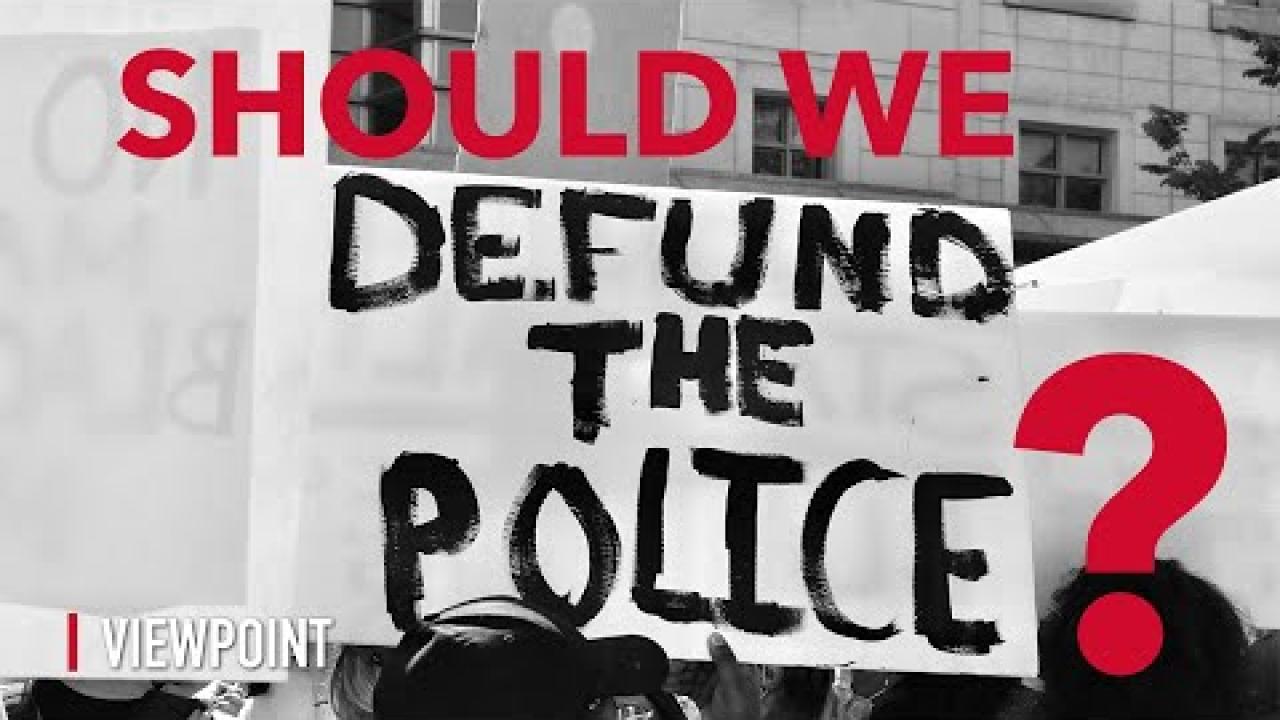
Should We Defund the Police?: What Happens When Law is not Enforced?
The mantra "Defund the Police" is heard everywhere today, from the inner-city streets to the halls of power. Will the better nature of humanity prevail in the absence of law enforcement? What can we learn from history?
Law enforcement is being scrutinized with severe accusations of racism, bullying and escalation of tension rather than serving as a calming influence. What would happen if we "defund the police"? Do we really need government intervention to prevent arson, robbery, and murder? What would happen if your city stopped enforcing the law?
It can be challenging to find precedents when examining high impact changes such as defunding or disbanding the police. However, history does give us one telling example which illustrates what can occur when law enforcement is removed from the equation without an adequate alternative in place.
Over a span of 16 hours in October of 1969, the city of Montreal gave a glimpse of what happens when law enforcement disappears. Working in difficult conditions and not feeling supported by government agencies, police stations across the city emptied as the police officially went on strike.
Perhaps, in theory, the strike could have come and gone without incident. Everyone might have used common sense to determine right from wrong and acted accordingly, since nearly everyone in 1969 would have agreed without hesitation that robbery, destruction of property, and murder are wrong. Sadly, common sense did not prevail. An archived special from the CBC describes the scene:
Montreal is in a state of shock. . . . At first, the strike's impact was limited to more bank robberies than normal. But as night fell, a taxi drivers' union seized upon the police absence to violently protest a competitor's exclusive right to airport pickups. The result . . . was a "night of terror." Shattered shop windows and a trail of broken glass are evidence of looting that erupted in the downtown core. ("1969: Montreal's 'night of terror,'" CBC Digital Archives).
It's telling that the chaos started slowly. One often repeated principle of law enforcement is to prevent escalation, to keep a situation from deteriorating. To be clear, the law was not suspended for those fateful 16 hours. The law did not change. Right and wrong did not change. Yet, with no one present to uphold law and order, individuals committed acts that they would have deemed unacceptable just hours earlier.
Steven Pinker, a prominent psychologist who grew up in Montreal, related how this incident impacted his views on the need for law and order:
I laughed off my parents' argument that if the government ever laid down its arms all hell would break loose. Our competing predictions were put to the test at 8:00 A.M. on October 7, 1969, when the Montreal police went on strike…. By the end of the day, six banks had been robbed, a hundred shops had been looted, twelve fires had been set, forty carloads of storefront glass had been broken, and three million [1969] dollars in property damage had been inflicted, before city authorities had to call in the army and, of course, the Mounties to restore order. This decisive empirical test left my politics in tatters (The Blank Slate: The Modern Denial of Human Nature, 2002, p. 331).
Is our society willing to put to the test its ideology concerning defunding the police and our ability to thrive without law enforcement? How many are willing to take it even a step further and do away, not only with law enforcement, but with law entirely? Will their politics, like Steven Pinkers', be left in tatters? What will the future look like if radical activists get their wish and usher in an era free of both law and order?